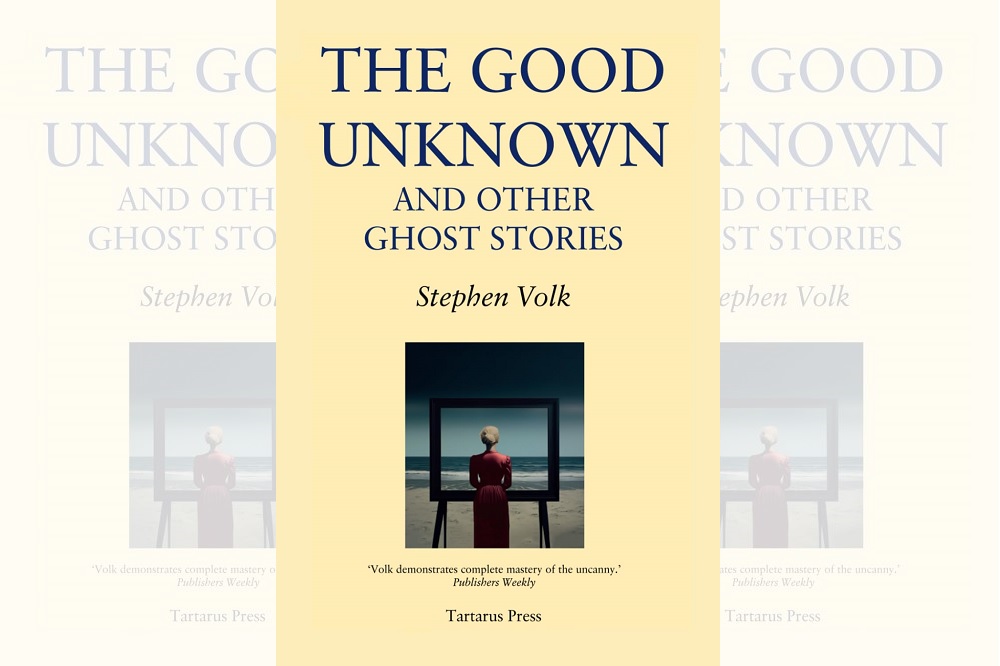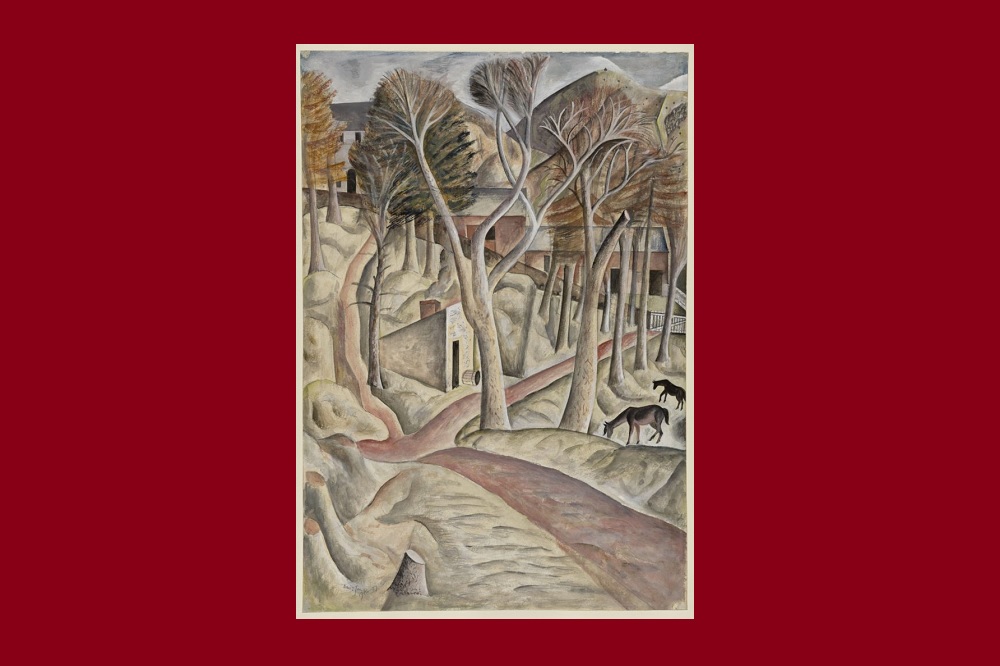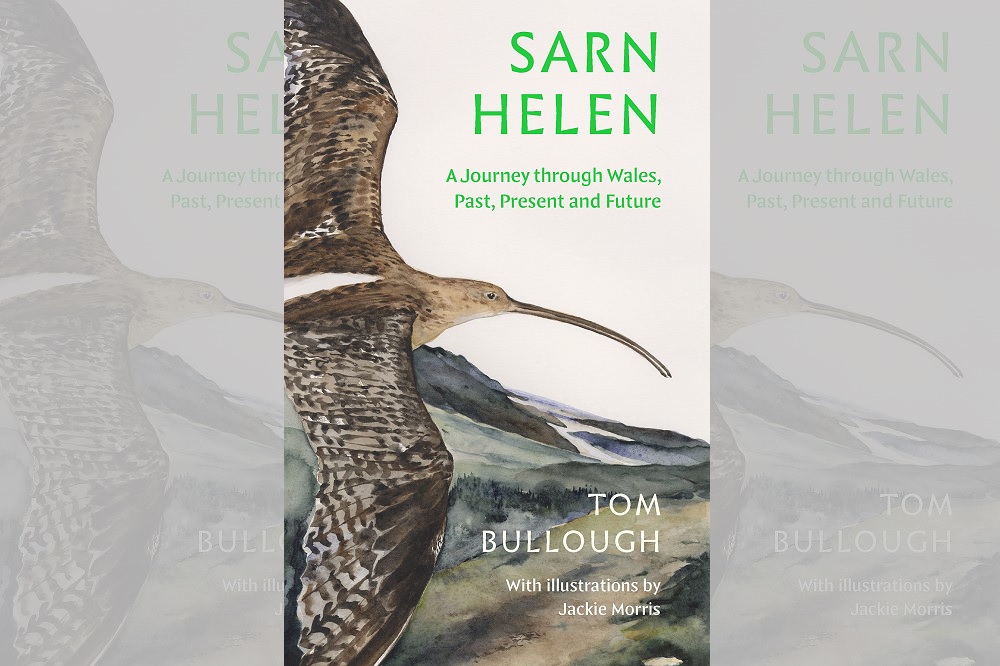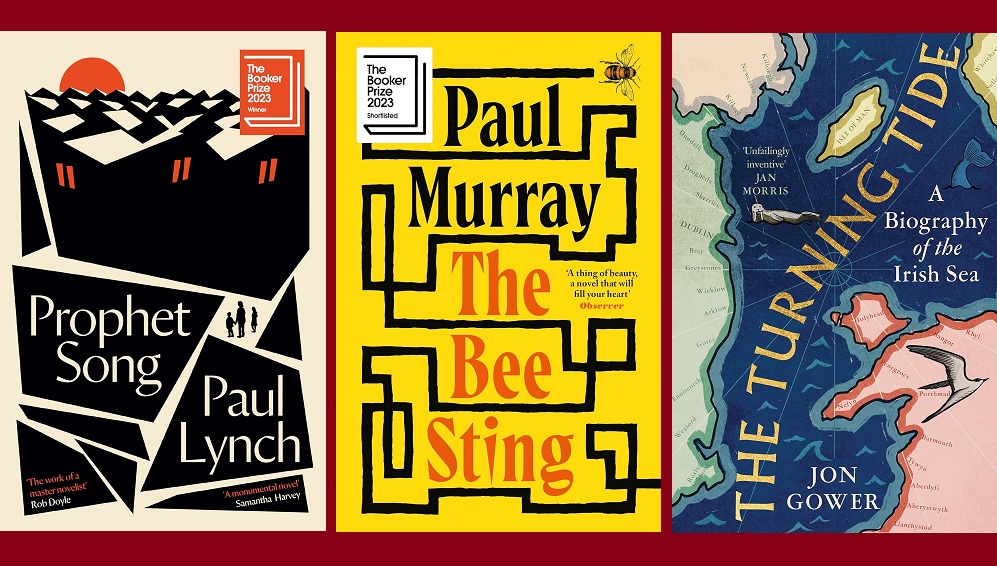Picks of 2023:Matthew G Rees, Diana Powell and Desmond Clifford

Matthew G. Rees
’Tis the season for ghost stories – ‘winter tales’ to use a traditional term. And a collection by a Welsh author may well go down as the year’s best.
The Good Unknown and Other Ghost Stories by Pontypridd-born Stephen Volk has sold out in its limited-edition hardback (after a matter of mere weeks). The volume has just been made available in paperback by publishers Tartarus who have also produced an eBook.
Although still perhaps best known in connection with Ghostwatch (1992) for BBC TV (for which he won a BAFTA), Volk is a very fine writer of short stories, especially in their slightly longer and more ‘rounded’ form.
I’m reading his collection and have found it extremely impressive so far. A number of the stories have modern settings where some element of the past intrudes… in the otherworldly way perhaps associated with an earlier writer from Wales – Arthur Machen.
‘The Waiting Room’ is a period tale centred on an enigmatic episode in the life of Charles Dickens, whose ‘The Signal-Man’ is, of course, for many the benchmark when it comes to short horror mysteries.
Volk’s story is exquisitely crafted, deploying detail and conjuring atmosphere in a manner that made me think of another famous storyteller – Rudyard Kipling and his wintry tale ‘Wireless’. In terms of quality, Dickens would have approved, one thinks.
A wintry read
For an intriguing individual story (and another wintry read), I recommend ‘Voitch’ by Keith Davies. The setting for his unsettling, allusive tale is a remote railway post in Siberia. Davies’s writing is fittingly transporting.
The Flintshire-raised ex-journalist and former teacher is one of those writers who operate beneath the everyday radar, producing stories for small publications that are often far more interesting than material of the heavily hyped variety. ‘Voitch’ can be found at the website Bewildering Stories, Issue 1002.
At the cinema, it was good to see fiftieth anniversary screenings of The Wicker Man (re-mastered version) and The Exorcist (director William Friedkin’s ‘cut’) at Taliesin Arts Centre, Swansea – the screening of the latter being part of the neatly named Abertoir Horror Festival.
Both films seemed to stand up well to the test of time.
Musically, Meinir Wyn Roberts has the loveliest singing voice I’ve heard in several moons. She was the soprano soloist at a recent concert at the Brangwyn, Swansea, with the excellent British Sinfonietta and the Swansea Philharmonic Choir.
I’m looking forward to a performance of Shostakovich’s Symphony No. 13 by the BBC National Orchestra at the Brangwyn on Saturday February 10. If it’s anywhere near as enthralling as their performance of his No. 10 at the same venue in 2022, it will be quite an evening.
***

Diana Powell
For me, the Arts highlight of the year was the David Jones exhibition at Y Gaer, in Brecon. It was a favourite for several reasons: the artist’s style – I love his subdued shades, his suggestiveness – and also his subject, the Black Mountains near Capel-y-ffin.
I love this landscape, which was, as it happens, the setting of my latest novel, featuring some of Jones’s paintings, so to see them in front of me was rather magical.
An additional space showing the work of other artists, who painted in the same area – Eric Ravilious and Edgar Holloway, for example – provided an interesting and useful context.
Whenever I go to London, I visit an exhibition at the Tate, the National or the Courtauld, but I think this collection of work in Brecon was as good as any.

According to Amazon, it’s been a particularly good year for non-fiction books. That’s certainly true of books by Welsh authors, though, sadly, Amazon doesn’t shortlist any of them – or should we count that as a good thing?!
Three stand out for me: ‘Sarn Helen’ by Tom Bullough, ‘The Turning Tide’ by Jon Gower, and ‘All the Wide Border’ by Mike Parker. If I had to pick one, I would go for ‘Sarn Helen’.
Even though I’ve never walked any part of this ancient Roman road (well, not intentionally), I felt at home among its pages, from the very beginning, when Walkers crisps got a mention (my favourite), followed by catching up with old friend Christopher Meredith; or there’s the section on heads in myth (the subject of my next novel but two…). And so it went on.
But throughout it all there is a very serious message about the environment and climate change – how it may already be too late.
‘At stake is all that we know and love.’
***
 Desmond Clifford
Desmond Clifford
I was pleased to see Paul Lynch’s “Prophet Song” win the Booker Prize. It describes a dystopian Ireland as democracy collapses; not a cheerful Christmas read but provocative and striking.
My personal Booker favourite was “The Bee Sting” by Paul Murray. It’s long and quite complicated but a darkly humorous saga of a nouveau riche family in rapid decline as a result of economic crisis.
Murray’s consistent theme is the social impact of money in a wealthy Ireland. A couple of generations ago the country was united by broadly equal (but low) income levels and a relatively strong social solidarity.
As Ireland became richer, inequalities rose. A social order based on “stock” – non-financial social capital – was replaced by a hierarchy of materialism and affluence, with its attendant status anxieties.
The father at the centre of Murray’s story abandons building a nuclear bunker in his garden. As the story progresses, it becomes clear that the nuclear family is as potent a source of instability as nuclear poison.
Jon Gower’s “Turning Tide: a Biography of the Irish Sea” defies easy classification – ornithology, history, travelogue, myth. Wales and Ireland share a maritime border and Gower’s insight is to articulate the way this unites the two countries rather than demarcates difference.
We’re so acculturated to thinking of nations only in terms of political sovereignty that we tend to underplay all the ways, humanly and through nature, that countries share features beyond political interchange.
Finally, a further Wales-Ireland exchange is the cd “Double You” featuring harpist Catrin Finch and fiddler/ violinist Aoife Ni Bhrian…the two were brought together by the Other Voices collaboration based in Cardigan and spawned a partnership which has resulted in this charming cd of original music, the beginnings of a Wales-Ireland sound…?
Support our Nation today
For the price of a cup of coffee a month you can help us create an independent, not-for-profit, national news service for the people of Wales, by the people of Wales.





